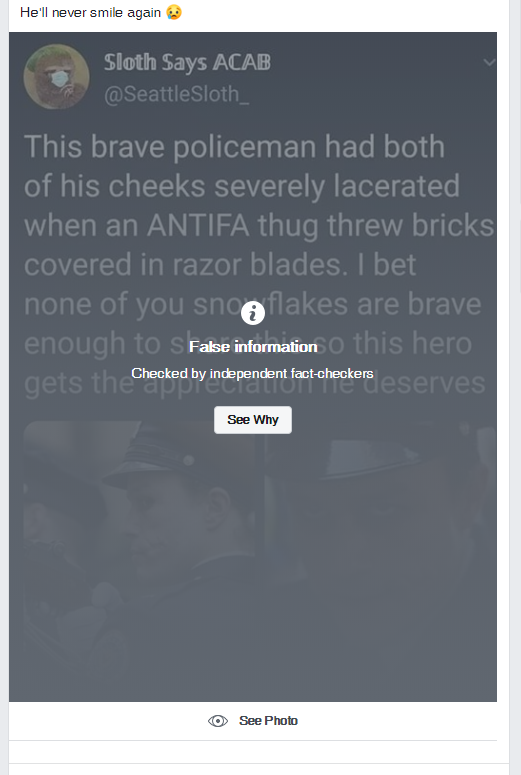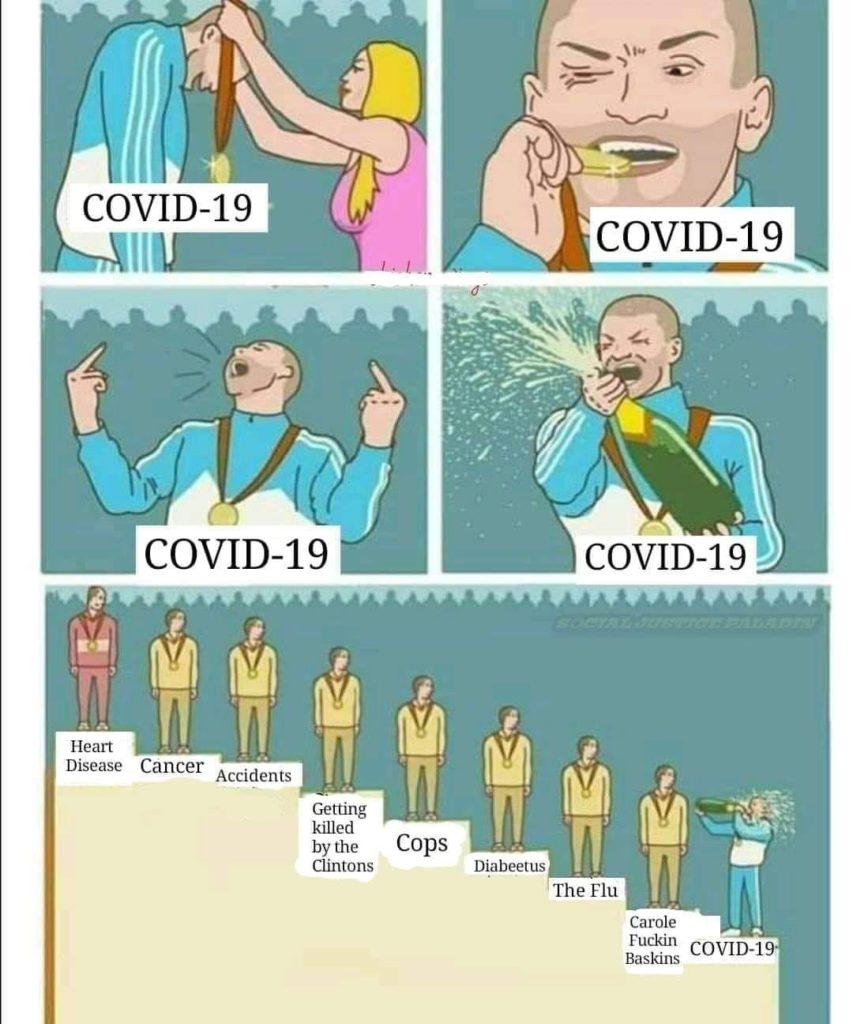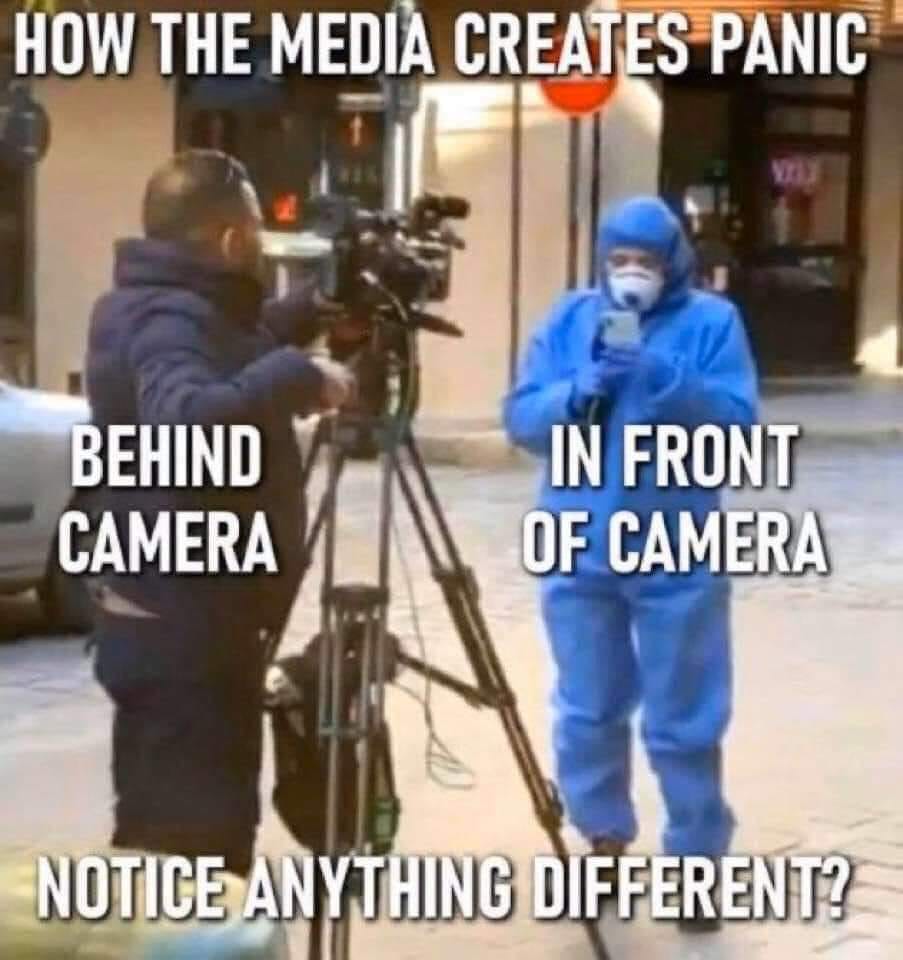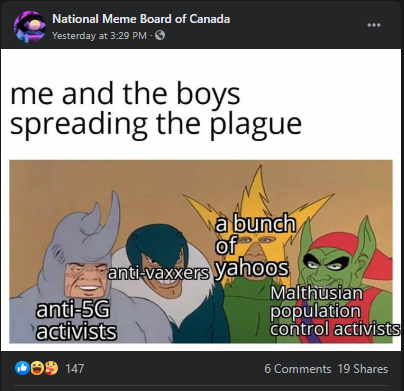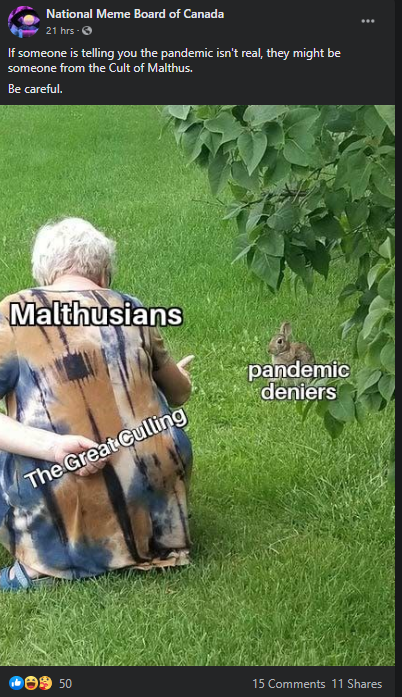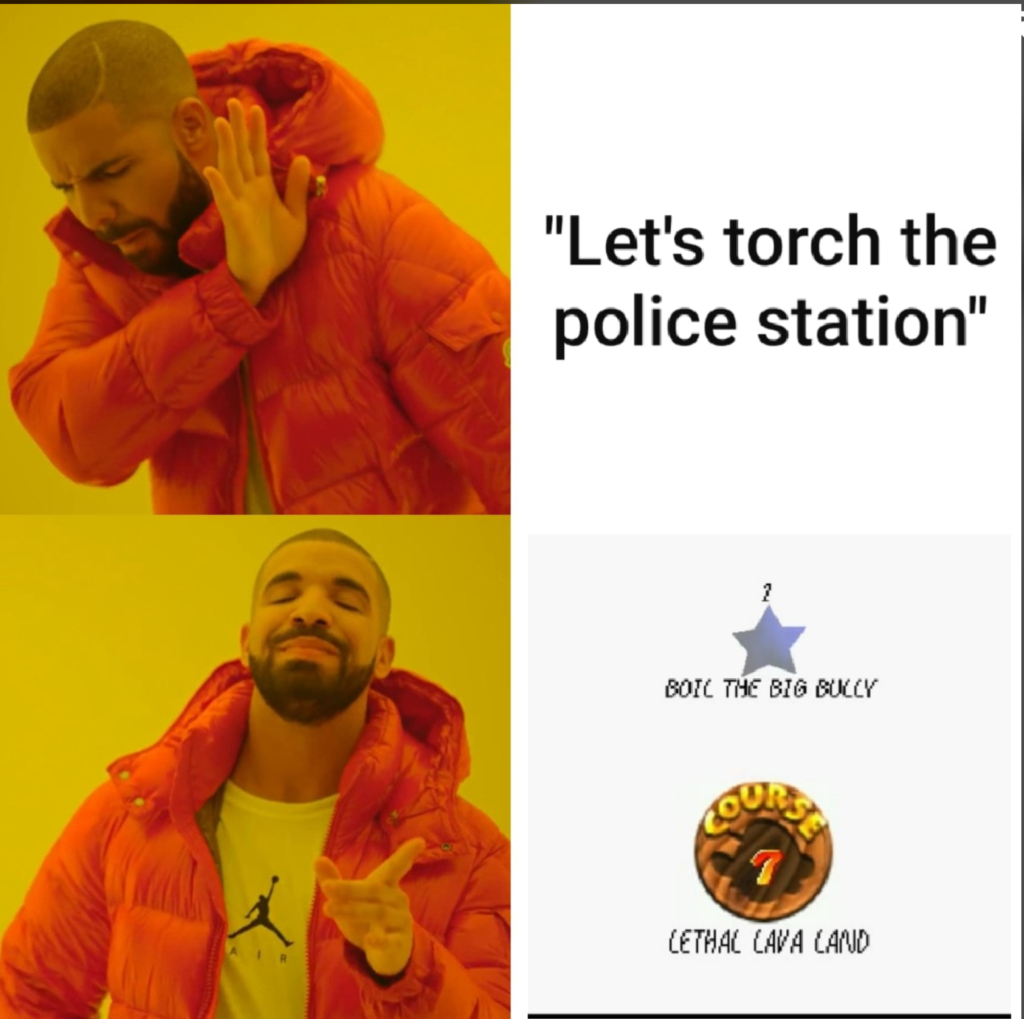Editorial Committee: Greg Elmer (Ryerson University), Ganaele Langlois (York University), Natalie Coulter (York University), Fenwick McKelvey (Concordia University)
Deadline for abstract: September 15, 2020
Contact: arspcjc[at]gmail.com
Description
Over the past few years, new political formations combining populism, neo-fascism, racism, misogyny, homophobia and transphobia, white supremacy, and ultra-nationalism have taken the world by storm. These so-called new alt-right movements are as much about communication and media as they are about politics. Indeed, new communities founded on a shared hatred of liberal democracy, multiculturalism and social justice and equity rely on communication and the capacity to harness digital networked media to unleash new forms of viral propaganda, target individuals, bait public opinion and recruit new members.
The purpose of this special issue is to understand the multi-faceted aspects of alt-right movements in Canada, particularly as manifest in communicative and media practices. Going beyond simple denunciation of a monolithic Alt-Right toward understanding the many alt-right movements in existence, this special issue calls for finding new potentials for critical reflection and intervention towards rebuilding inclusive communities and forging new democratic processes and practices. Here are some key avenues of inquiry:
1. Understanding alt-right Movements in Canada. While mainstream media has built an image of the Alt-Right as a monolith, the reality is that it is composed of many groups and communities, some globally connected, others more local, some backed by rich sponsors, others relying on building grassroots support. Some groups are newcomers on the scene (the Yellow Vests for instance), others belong to fringe paramilitary groups (Soldiers of Odin), or in turn mix with mainstream politics (Faith Goldy’s mayoral run in Toronto). How can we understand the specificity of present alt-rights, their histories and their contingencies, particularly with regards to their presence and representation on media platforms and properties? What are the political issues and discourses that alt-right movements have developed, alongside on-the-ground political activism? How can we establish a cartography of alt-right movements and actors in Canada, their respective and possibly related audiences and communicative tactics and political goals?
2. Alt-rights and the Media Systems. Alt-rights undermine the liberal democratic principle of open and participatory media. Alt-rights tactics simultaneously rely on open media whilst undermining its very possibility. The special issue focuses on two particular ways that alt-rights challenge the notion of the public sphere. First, alt-right tactics integrate into a new political economy of dis- and mis-information, relying on an industry of “fake news” produced by new media entrepreneurs and partisans and spread through committed political actors and media manipulation. Second, alt-right and neo-conservative phenomena often involve new forms of manipulation of attention, affects and emotions, targeting content to specific psycho-social profiles and algorithmic logics of visibility. How do we track, analyze and understand these new negative affective contagions and manipulations in order to formulate adequate responses? How do these tactics reflect the weaknesses of media systems?
3. Media Practices of Shock, Visibility and Normalization. Alt-right movements have developed multi-faceted media practices, using journalistic formats or internet-based vernaculars such as memes, and oscillating between hateful or passionate speech and pseudo-scientific and rational voices. They have a variety of targets, from liberal politicians to feminists, immigrants and activists who are in turn framed as scapegoats or dangerous enemies. Alt-right movements make use of different communicative tactics, some extremely aggressive and vitriolic (like doxing), others based on internet trolling cultures, but also work towards normalization and acceptance of their ideas through using values around free speech, human rights, citizenship and mainstream ideologies (e.g. traditional conservatism). Alt-right movements and individuals adopt different modes of engagement with others depending on the specific online platforms they act on, with shock tactics featuring heavily on 4Chan and some Reddit subforums while others deal with maintaining their visibility on platforms that have active content regulation (e.g. Facebook). How do these media practices help alt-right movements gain visibility and be accepted in mainstream politics? In turn, what are the functions of shock tactics? What is an appropriate response to these tactics?
4. Counter-Practices, Pedagogical Interventions, and Inclusive Community-Building. At a time of intense media concentration and commercialization, alt-right movements also demand a restatement of the democratic function of the media. How do we respond to alt-right movements and their associated tactics? What are the communicative infrastructures of inclusion, support and protection of marginalized and victimized communities that could be developed? What are the different policies and regulations that could be formulated? What kind of pedagogical responses should be brought forward?
This special issue invites contributions on these themes as well as others that are related to alt-right political movements and communication and media within the Canadian context. The editorial committee welcomes a wide range of contribution formats as specified by the Canadian Journal of Communication, including:
- Research articles
- Research in Brief
- Policy in Brief
- Commentaries
- Interviews
Please go to https://www.cjc-online.ca/index.php/journal/about/editorialPolicies#sectionPolicies for further details on these different types of contributions. The editorial committee is also interested in any other format that allows for better engagement with alt-right questions, including anonymous pieces.
Please send 500 words abstracts to arspcjc[at]gmail.com by September 15, 2020.
